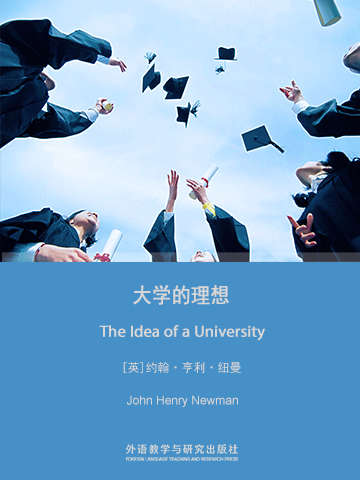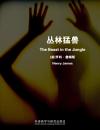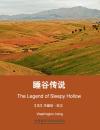本书充分表现了西方高等教育中所遵循的精神原则和操作方法,对于正在进行重要变革的中国高等教育的理论和实践应该具有实际的借鉴作用,为高等教育思想史上的具有划时代意义的著作。另外,书中倡导的以古典人文学科教育为主要内容和以注重理性开发为主要内涵的自由教育理想,在当时及其以后都对世界教育的发展产生了广泛而深远的影响。
Regarded as the most important book on education ever written, The Idea of a University is a living classic that defines for groping, late-20th Century souls what it truly means to be educated.
The issues that John Henry Newman raised--the place of religion and moral values in the university setting, the competing claims of liberal and professional education, the character of the academic community, the cultural role of literature, the relation of religion and science--have provoked discussion from Newman's time to our own.
本书是西方高等教育史上较早系统、综合、全面地论述大学教育的基本理论问题的名著。作者对自由教育做出了新的界定,对自由教育与专业教育的关系进行了详细的探讨,阐述了自由教育的本质和作用,说明了大学教育的实质、任务和理想。书中倡导的以古典人文学科教育为主要内容和以注重理性开发为主要内涵的自由教育理想,在当时及其以后都对世界教育的发展产生了广泛而深远的影响。
"The aim of the University is a true enlargement of mind... the power of viewing many things at once."
Though a century and a half has passed since John Henry Newman delivered the lectures which provide the basis for The Idea of a University, the prescription he served up is more relevant today than during the Victorian era.
Newman wrote and delivered these addresses upon becoming the first rector of the newly founded Catholic University of Ireland in Dublin. His vision shaped that school, and helped inform the modern understanding of what a university education should encompass.
- Preface (Part 1 University Teaching)
- Discourse 1 Introductory
- Discourse 2 Theology a Branch of Knowledge
- Discourse 3 Bearing of Theology on other Branches of Knowledge
- Discourse 4 Bearing of Other Branches of Knowledge on Theology
- Discourse 5 Knowledge its Own End
- Discourse 6 Knowledge Viewed in Relation to Learning
- Discourse 7 Knowledge Viewed in Relation to Professional Skill
- Discourse 8 Knowledge Viewed in relation to Religion
- Discourse 9 Duties of the Church towards Knowledge
- 1 Christianity and Letters (Part 2 University Subjects)
- 2 Literature
- 3 English Catholic Literature
- 4 Elementary Studies
- 5 A Form of Infidelity of the Day
- 6 University Preaching
- 7 Christianity and Physical Science
- 8 Christianity and Scientific Investigation
- 9 Discipline of Mind
- 10 Christianity and Medial Science


















 京公网安备 11010802032529号
京公网安备 11010802032529号
笔记加载中...